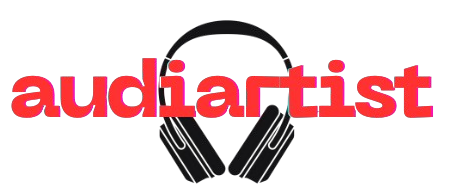Hey there, musical maestros! If you’re diving into the world of music, it’s crucial to understand the ins and outs of copyrights and royalties. These elements are key to ensuring you get paid for your hard work and creativity. Let’s break down the essentials and see how you can optimize your royalty income.
What Are Copyrights?
Copyrights are legal protections granted to creators for their original works. In the music industry, this includes songs, compositions, and recordings. When you create a piece of music, you automatically own the copyright, giving you exclusive rights to use, distribute, and profit from your creation. Pretty cool, right?
Types of Copyrights
There are several types of copyrights relevant to musicians:
- Performance Rights: These cover the public performance of your music, whether live or broadcasted.
- Reproduction Rights: These cover the copying of your music, like making CDs or digital downloads.
- Distribution Rights: These cover the distribution of your music to the public, like selling it online or in stores.
- Synchronization Rights: These cover the use of your music in sync with visual media, like in movies, TV shows, or ads.
Protecting Your Copyrights
To ensure your rights are protected, you should register your works with a copyright office. While your rights are automatic upon creation, registration provides a public record and legal advantages if you need to enforce your rights. In the US, you can register with the U.S. Copyright Office, and in other countries, there are equivalent agencies.
Understanding Royalties
Royalties are payments you receive when others use your music. They come from various sources and can be a significant income stream. Here are the main types of royalties:
- Mechanical Royalties: Earned from the reproduction of your music, like CD sales, digital downloads, and streams.
- Performance Royalties: Earned from the public performance of your music, including radio play, live concerts, and streaming services.
- Synchronization Royalties: Earned when your music is used in visual media.
- Print Music Royalties: Earned from the sale of sheet music.
Collecting Royalties
To collect your royalties, you need to affiliate with a Performing Rights Organization (PRO) and other collection societies. These organizations track and collect royalties on your behalf. Some well-known PROs include ASCAP, BMI, and SESAC in the US, and PRS in the UK. Additionally, mechanical royalties are often collected by organizations like the Harry Fox Agency or Music Reports.
Optimizing Your Royalty Income
Here are some tips to maximize your royalty earnings:
- Register Your Works: Ensure all your compositions and recordings are registered with the relevant PROs and collection societies.
- Stay Organized: Keep detailed records of where and how your music is being used. This can help ensure you’re receiving all due royalties.
- Explore Licensing Opportunities: Seek out sync licensing opportunities in films, TV shows, commercials, and video games.
- Promote Your Music: The more your music is played and used, the more royalties you’ll earn. Engage with your audience on social media and streaming platforms.
- Understand Your Contracts: Make sure you understand the terms of any agreements you enter, including splits and royalty rates.
So there you have it – a crash course in managing copyrights and royalties. By understanding these basics and taking proactive steps, you can ensure that your musical creations earn you the recognition and compensation you deserve. Keep creating, keep sharing, and most importantly, keep enjoying the music!











